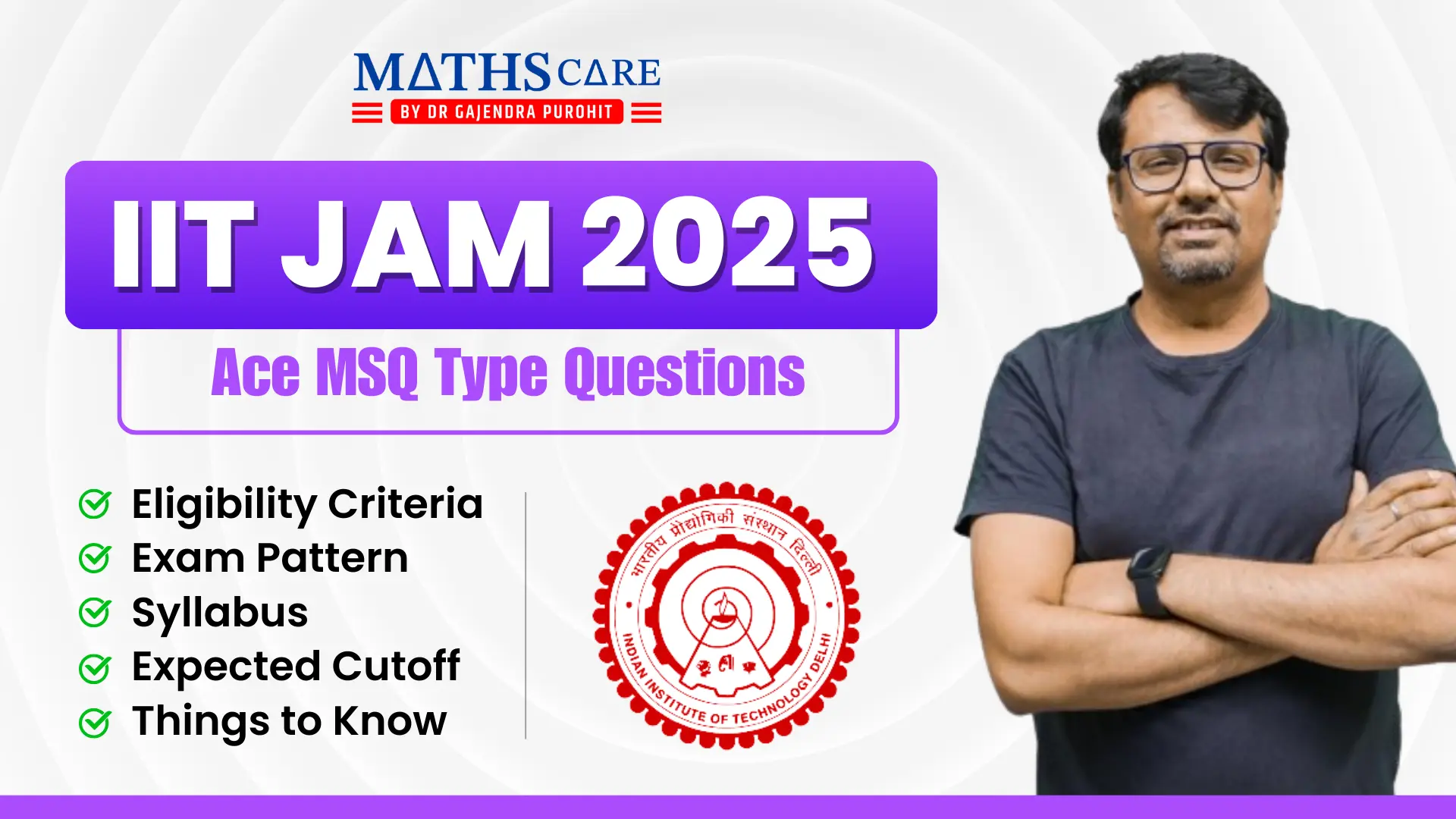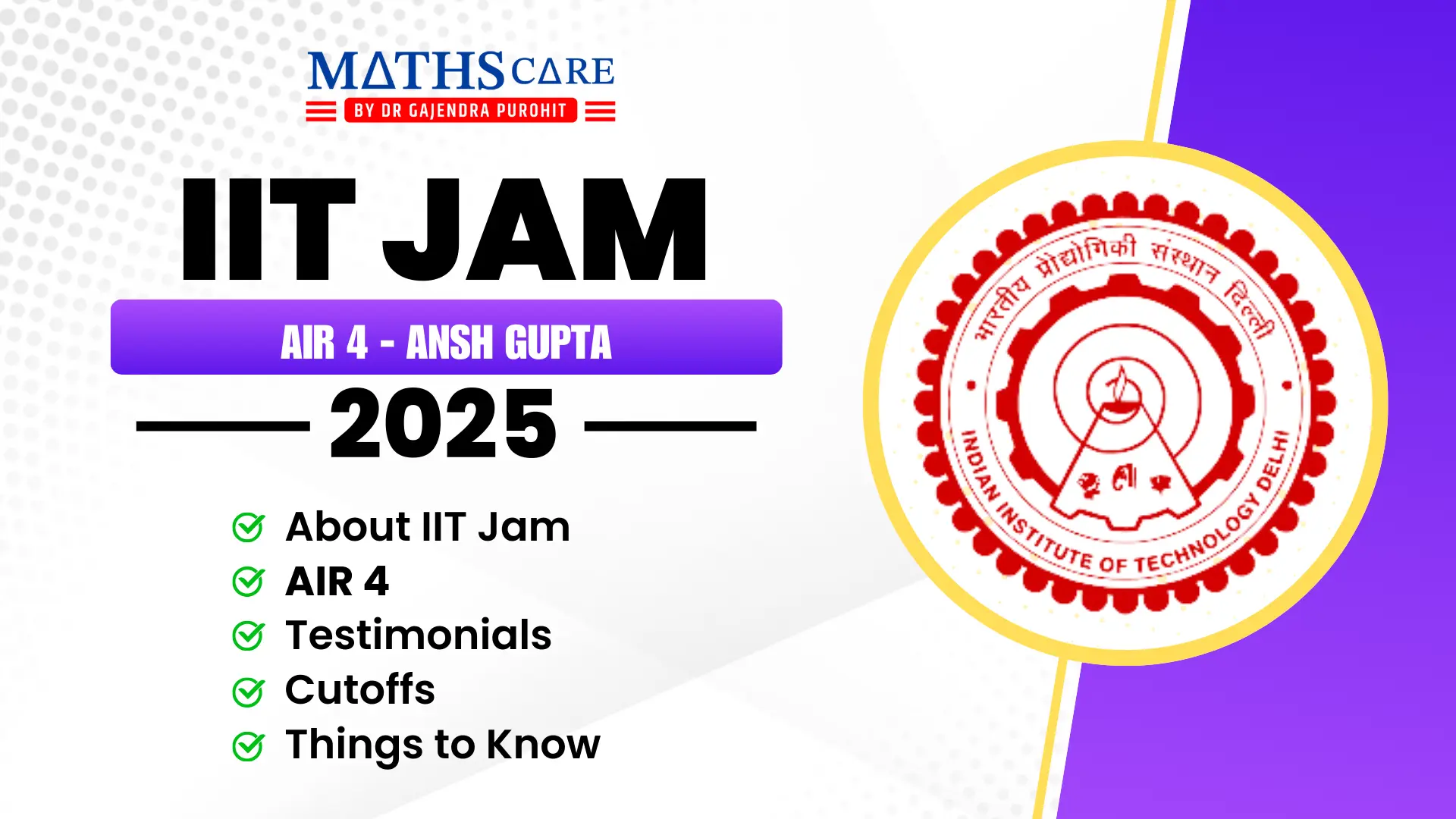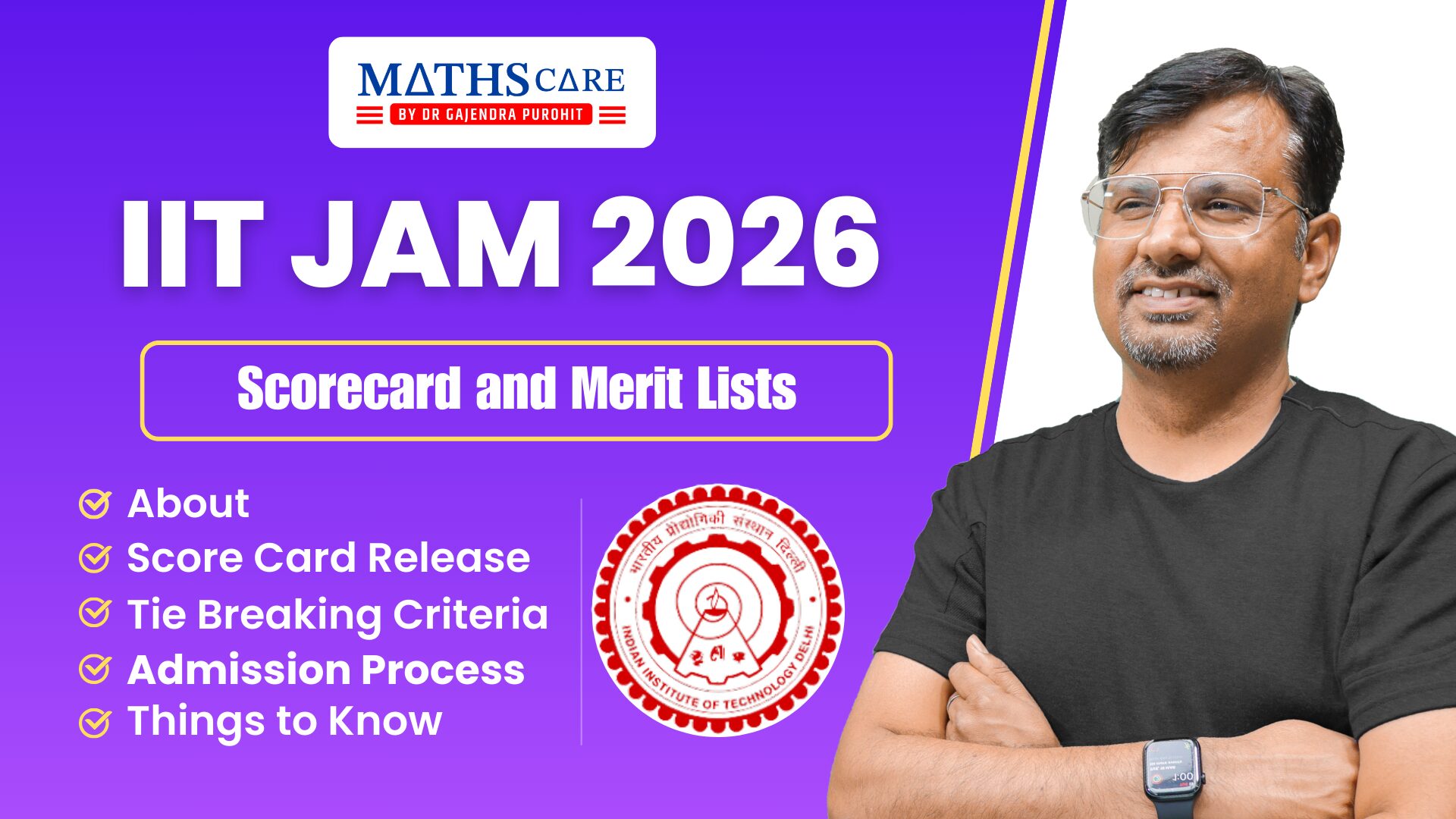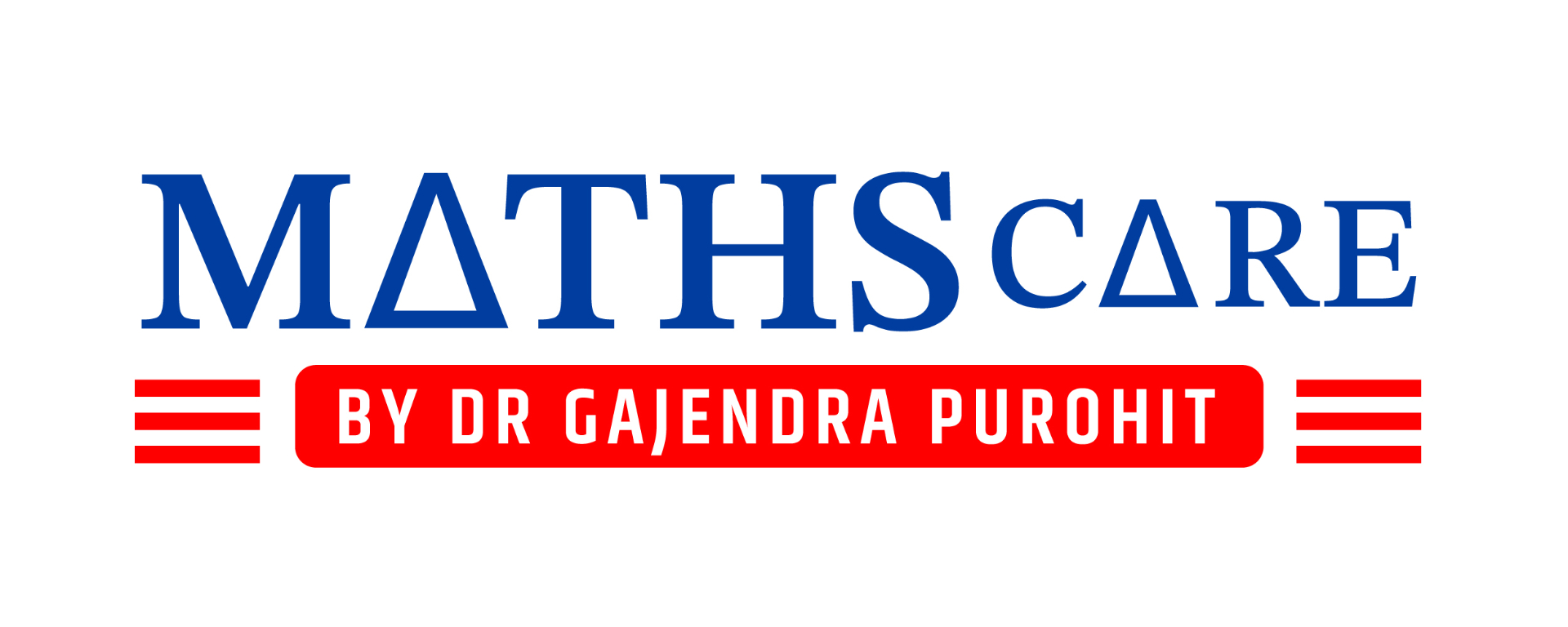IIT JAM 2025 Strategy: Ace MSQ Type Questions
IIT JAM 2025 is a prestigious entrance exam for admission into IITs and IISc postgraduate programs. One key challenge is the Multiple Select Questions (MSQs) section, which demands a deep understanding of concepts and attention to detail. A focused strategy can make all the difference in acing this section. Let’s explore the best practices to help you tackle these questions effectively.

About IIT JAM
IIT JAM (Joint Admission Test for Masters) is a nationwide exam for aspiring students who wish to pursue master’s programs at top institutions like IITs, IISc, and other premier institutes. The exam tests a candidate’s knowledge across various subjects like Physics, Chemistry, Mathematics, Biotechnology, and more. Success in the IIT JAM not only ensures a seat in these prestigious institutions but also opens doors for research and academic opportunities. With its competitive nature, IIT JAM demands a well-rounded preparation strategy.
About IIT JAM Exam
IIT JAM (Joint Admission Test for Masters) is a nationwide exam for aspiring students who wish to pursue master’s programs at top institutions like IITs, IISc, and other premier institutes. The exam tests a candidate’s knowledge across various subjects like Physics, Chemistry, Mathematics, Biotechnology, and more. Success in the IIT JAM not only ensures a seat in these prestigious institutions but also opens doors for research and academic opportunities. With its competitive nature, IIT JAM demands a well-rounded preparation strategy.
IIT JAM 2025 Paper Pattern
The IIT JAM exam consists of three primary types of questions:
Multiple Choice Questions (MCQs): These are single correct answer questions, where only one option is correct. Incorrect answers incur negative marking, so caution is needed.
Multiple Select Questions (MSQs): Here, more than one option may be correct. You must select all correct answers to get the full score. No partial marks are given for partially correct answers, and there is no negative marking for wrong selections.
Numerical Answer Type (NAT): In these, no options are provided, and candidates must enter a numeric value as the answer. This format tests a student’s problem-solving ability under pressure.
IIT JAM 2025 Syllabus: Mathematics
The Mathematics syllabus for IIT JAM 2025 is extensive and requires a detailed understanding of various topics. Key areas include:
Calculus: This includes limits, continuity, differentiation, integration, and applications of derivatives. Mastering these topics helps in solving complex integrals and limits-based problems.
Linear Algebra: It covers matrices, determinants, vector spaces, eigenvalues, and eigenvectors. A solid understanding of linear transformations and vector spaces is essential for MSQs.
Real Analysis: Topics include sequences, series, functions, and limits of functions. Grasping the nuances of convergence and continuity is crucial, as questions often combine these topics.
Differential Equations: Ordinary and partial differential equations are both asked in this exam. Understanding how to apply boundary conditions and solve standard equations is crucial for success.
Abstract Algebra: This section includes topics like groups, and fields. Complex problems often involve applying multiple theorems to solve algebraic structures.
IIT JAM Cutoffs
Cutoff scores for IIT JAM vary yearly, influenced by factors such as the difficulty level of the exam, number of applicants, and the performance of test-takers. Typically, the cutoff for Mathematics falls between 20-30 marks for general category students, with slightly lower cutoffs for reserved categories. While aiming for the cutoff is essential, securing higher marks significantly boosts the chances of admission to your desired institution. Keep a close eye on trends from previous years to better gauge your target score.
Tricks to Ace MSQ Type Questions
Refer Books with Deep Concepts
Choose books that focus on in-depth conceptual clarity rather than just surface-level information. Deep understanding helps in answering MSQs, where multiple correct answers are possible. Books that explain concepts with examples and detailed proofs allow you to solve even the toughest questions. Always refer to texts that provide diverse perspectives on theorems, as MSQs can sometimes present tricky variations.
Interrelated Concepts
In MSQs, different topics from the syllabus often overlap. Mastering the interrelationship between concepts like calculus and real analysis or linear algebra and abstract algebra can give you an edge. Learning to see how topics are linked helps you solve complex questions. For example, a question on limits may have connections with series or sequences, requiring a thorough understanding of both topics.
Counter Examples & Theorems
When preparing for MSQs, focusing on counterexamples is crucial. Often, questions require a deep understanding of where a theorem does and does not apply. Knowing counterexamples helps eliminate wrong answers confidently. Moreover, theorems are frequently tested in MSQs, but with subtle twists, requiring you to differentiate correct applications from exceptions. The practice of solving problems where you identify invalid applications strengthens your skills.
Learning Through Questions
There is no substitute for practice when it comes to MSQs. Solving previous years’ questions and mock tests familiarizes you with the format, while also honing your time management. Regular practice exposes you to different problem types and helps develop the intuition needed to tackle unfamiliar or tricky MSQs. By analyzing your mistakes, you can refine your approach and identify areas of weakness that need more attention.
Decoding Questions Correctly
MSQs demand a meticulous reading of questions to identify all the correct options. Often, these questions are crafted in a way that a hasty glance can lead to missed options. Carefully break down each question, ensuring that no option is overlooked. Taking time to fully understand the problem before answering increases accuracy and maximizes your score. This habit can prevent avoidable errors.
Conclusion
Preparing for the IIT JAM 2025, especially the MSQ section, requires a strategic blend of deep conceptual knowledge and regular practice. By focusing on interrelated topics, understanding the application of theorems, and mastering the art of decoding questions, you can significantly enhance your performance. Start early, stay consistent, and ensure you’re learning from your mistakes to ace the MSQ section. With the right strategy in place, success is well within reach. Keep pushing forward, and you’ll be on your way to joining one of India’s most prestigious institutes!
IIT JAM FAQS
What was the cutoff for IIT JAM 2024
The cutoff for IIT JAM 2024 was typically lower with the exam being a little bit harder. For General unreserved candidate 11-12 marks were the cutoff in Mathematics.
Is IIT JAM tougher than NEET?
Comparing IIT JAM and NEET is subjective; IIT JAM focuses on specific subjects for postgraduate programs, while NEET is aimed at undergraduate medical admissions. The difficulty depends on your academic strengths.
Is IIT JAM tougher than JEE?
IIT JAM is considered easier than JEE in terms of competition and syllabus. However, it is still challenging due to the high-level questions related to specific subjects.
What are the 7 subjects of IIT JAM?
The 7 subjects are: Biotechnology, Physics, Chemistry, Mathematics, Mathematical Statistics, Geology, and Economics.
What is the IIT JAM exam for?
The IIT JAM (Joint Admission Test for Masters) is an entrance exam conducted for admission to M.Sc., M.Sc.-Ph.D. dual degree, and other post-bachelor’s programs at IITs and integrated Ph.D. programs at IISc.
Can I join IIT after BSc?
Yes, you can join IIT for M.Sc., integrated Ph.D., or other postgraduate programs by qualifying in the IIT JAM exam.
BEST OFFERING COURSES FOR YOU
BEST BOOKS FOR IIT JAM/ CSIR-NET
BUY BOOKS ON OUR APP
RECENT POSTS

IIT JAM 2025 Toppers: AIR 4 – Ansh Gupta

IIT JAM 2025 Scorecard and Merit Lists

IIT JAM Mathematics Syllabus 2025











